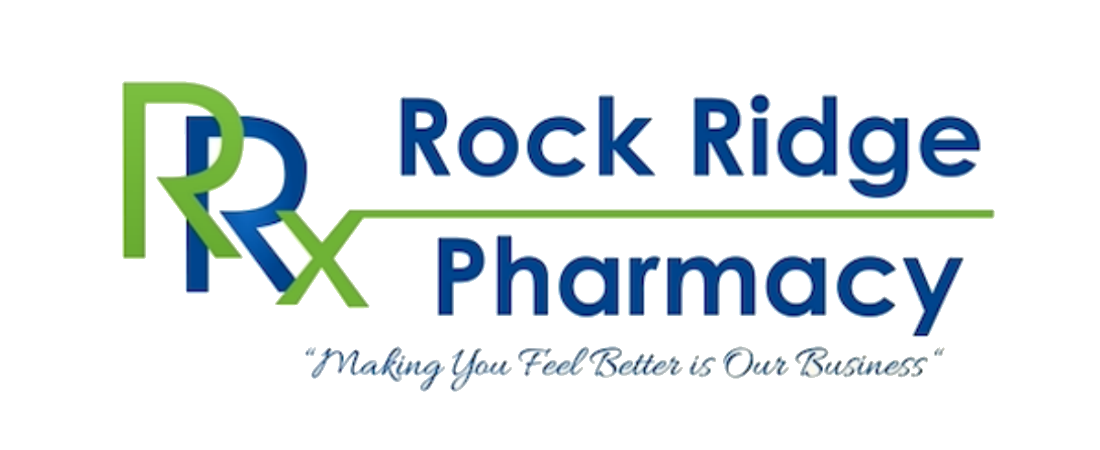Vitamins are essential micronutrients our bodies need to function, but not all vitamins work the same way. One of the most fundamental distinctions you’ll come across is between fat-soluble vs. water-soluble vitamins. These two categories may sound similar, but understanding there difference will help you make a better choice on which ones to go for.
In this guide, we’ll explore how these vitamins differ in terms of absorption, storage, function, and potential risks so you can feel empowered and informed, not confused, about what your body needs.
What Are Fat-Soluble Vitamins?
Fat-soluble vitamins as the name suggest can dissolve in fat, and they are stored in the body’s fat tissues and liver. Because of this, they don’t need to be consumed daily, and they can build up over time.
The Four Fat-Soluble Vitamins:
- Vitamin A
- Vitamin D
- Vitamin E
- Vitamin K
Bile acid helps with the absorption of these vitamins. If your diet is too low in healthy fats, or if you have a medical condition that affects fat absorption (like celiac disease or Crohn’s), your body may not absorb these vitamins efficiently.
Storage Capacity:
If you’re not careful, fat-soluble vitamins can accumulate in the body, just like fat which is a double-edged sword. It means your body can draw from reserves if needed, but it also means over-supplementation can lead to toxicity (hypervitaminosis).
What Are Water-Soluble Vitamins?
Water-soluble vitamins dissolve in water, and they don’t get absobed by the body. Instead, they circulate in your bloodstream, and excess amounts are typically excreted in urine. This means they need to be replenished more regularly through diet or supplementation.
Common Water-Soluble Vitamins:
- Vitamin C
- B-Complex Vitamins (including B1, B2, B3, B6, B12, Folate, Biotin, and Pantothenic Acid)
Because they’re not stored long-term, water-soluble vitamins are less likely to reach toxic levels, but deficiencies can happen more quickly if your intake is too low.
How They Affect Your Health
Fat-Soluble Vitamins
These vitamins are critical for vision, bone health, immune function, and blood clotting. Let’s break them down:
- Vitamin A: They are important for vision, immunity, and skin health.
- Vitamin D: They regulates calcium and supports bone health. Low levels are common, especially in colder climates.
- Vitamin E: They are an antioxidant that prevents oxidative damage in the cells.
- Vitamin K: They are responsible for blood clotting and bone metabolism.
You can explore high-quality fat-soluble supplements in our Vitamins & Minerals Collection.
Water-Soluble Vitamins
These support energy production, nerve function, and cell repair. Common roles include:
- Vitamin C: They boosts immune defense and supports collagen synthesis.
- Vitamin B12: They are essential for red blood cell formation and nerve health.
- Folate: Crucial for DNA synthesis and pregnancy health.
Browse Rock Ridge Pharmacy’s trusted selection of water-soluble vitamins here.
What You Need to Know About Absorption and Bioavailability
The effectiveness of a vitamin depends on how well your body absorbs it. Here are a few key considerations:
- Fat-soluble vitamins are best taken with meals containing healthy fats (like avocado or olive oil).
- There are no risks of taking water-soluble vitamins on an empty stomach, but they may be better tolerated with food.
- Age, medication, and health conditions can all impact absorption.
To ensure your supplements are effective, opt for clinically formulated and pharmacist-approved products like the ones available in our premium vitamins section.
What Overdose and Deficiency Look Like?
Risk of Toxicity:
Fat-soluble vitamins can accumulate in body tissues and become toxic if overused:
- Vitamin A: Too much can lead to liver damage, blurred vision, and headaches.
- Vitamin D: High doses over time can lead to calcium buildup, kidney stones, and other issues.
Risk of Deficiency:
Water-soluble vitamins must be replenished regularly. Deficiencies can result in:
- Vitamin C: Scurvy, fatigue, weakened immunity.
- B12: Anemia, nerve damage, cognitive issues.
Always consult your healthcare professional before starting high-dose supplements, especially fat-soluble ones.
How to Choose the Right Vitamins for You
When shopping for supplements, consider:
- Your diet: Do you eat enough nutrient-dense foods daily?
- Lifestyle: Are you vegan, pregnant, or over 50?
- Health conditions: Do you have absorption issues or take medications?
The best way to find what you need is to talk to your healthcare provider, and shop from trusted pharmacies like Rock Ridge Pharmacy that prioritize quality, safety, and science-backed formulas.
Ending Note
Understanding the difference between fat-soluble vs. water-soluble vitamins isn’t just useful trivia; it’s essential knowledge for anyone who wants to supplement safely, avoid waste, and actually feel the benefits of their wellness routine.
By knowing how these vitamins are absorbed, stored, and used in the body, you can make more informed decisions and avoid the risks of over- or under-supplementing.
At Rock Ridge Pharmacy, we carry only pharmacist-approved, high-quality supplements that align with your health goals and support your body where it needs it most.
Disclaimer: This article is intended for informational purposes only and does not replace professional medical advice. Always consult with your physician or healthcare provider before starting or changing any supplement routine. Supplements should be taken only as directed.





